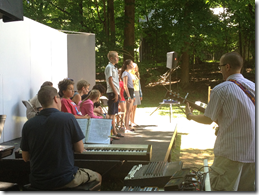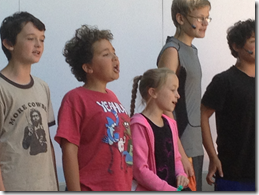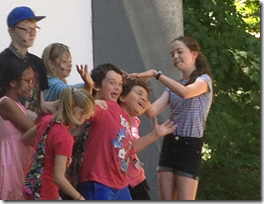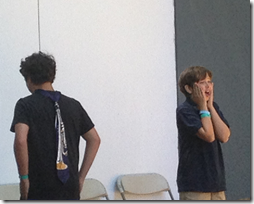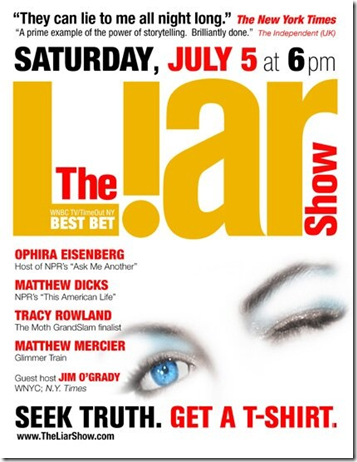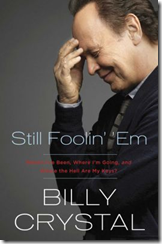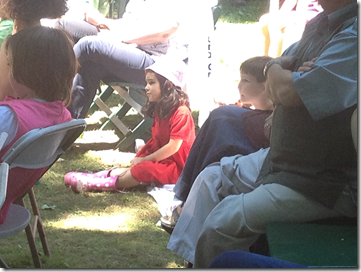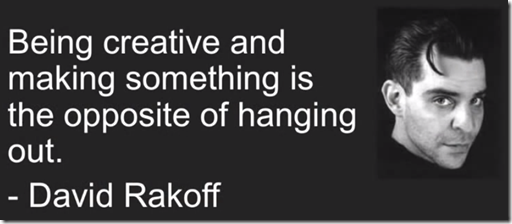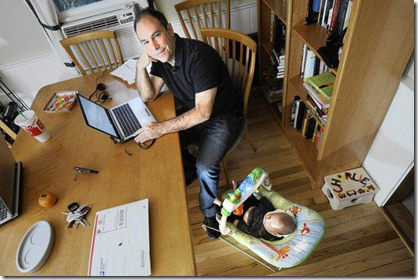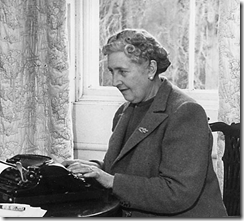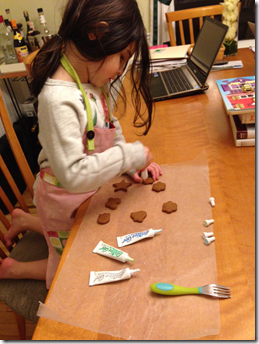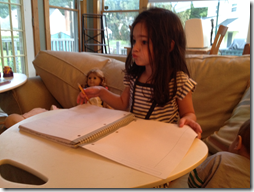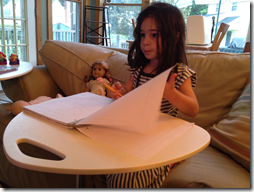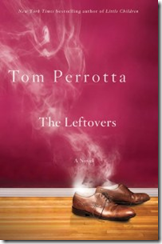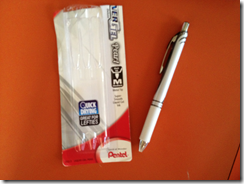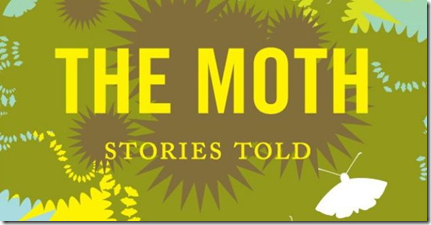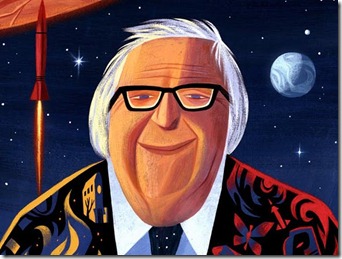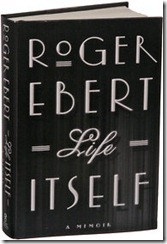For the last month, Elysha and I have been designing a summer camp for young writers called Writers Abroad. The Hartford Courant recently ran a piece about it. As of this week, we’re pleased to announce that more than half of the spots have been filled and we’ve received inquires that may fill most of the remaining spots soon.
Fortunately, we’ve managed to do this without any actual advertising.
Even more surprising, we’ve also started to hear from teachers, college professors, newspaper reporters and other professional writers who have heard about Writers Abroad and are offering to volunteer to teach at our camp.
We are thrilled.
I hesitated to write about the program here until I was certain that we could enroll enough students to move forward with the program. Now that this has become a reality, I’m writing about the program here in case you may know a student who is interested in filling one of our remaining spots. We are open to students ages 12-16, and the only requirement for enrollment is an interest in writing. Details on the program can be found below.
One more surprise: After hearing about the program, I’ve heard from at least a dozen adults who have asked if I would consider teaching a writing workshop for them. A couple actually asked if it would be possible to enroll in Writer’s Abroad.
The answer to that question was no.
Elysha and I already teach a storytelling workshops as a part of Speak Up, but the idea of teaching a writer’s workshop is intriguing. I’ve tried to join writer’s workshops in the area before but have always been greeted with a certain amount of disdain and distrust. I’ve been asked (in not-so-friendly-tones) questions like, “Why are you here if you already have books in stores?” and “How did you find an agent?” and “Who did you know in publishing?”
I’ve always come home feeling disappointed.
Instead of attempting to find a workshop that was willing to accept me, I gathered a group of writers and friends who serve the same purpose. We don’t meet as a group, but I send them my work and receive critical feedback from each one.
But teaching a writer’s workshop for adults? Though it had never occurred to me, it’s something that I might be interested in doing.
If you might be interested in enrolling in a writer’s workshop, please let me know. I’ll gauge interest level and determine if this is something I’d like to plan and execute at some point in the future.
____________________________________________
Writers Abroad
The Program
The goals of Writers Abroad are three-fold:
1. Provide students with authentic writing instruction, from conception to final revision, from professional writers and teachers via a model that guarantees the three most important components to any writer’s success: time, audience and choice.
2. Provide students with a variety of writing experiences in a wide range of genres, allowing them the opportunity to experiment with their voice in a number of formats.
3. Provide students with an understanding of the writing process and the business of writing from the perspective of a professional writer.
Writing Abroad is a four week writing camp running from July 7 to August 1. Classes will be held on Monday, Tuesday, Wednesday and Friday from 9:00 AM until 1:00 PM.
Classes will be based in a conference room in the West Hartford Town Hall, but as much as possible, we will be using Blue Back Square and West Hartford Center as our classroom as well. We will take advantage of the library, the bookstore, coffee shops, restaurants, the movie theater and outdoor spaces in order to inspire and inform our writing. We will take advantage of the unique characteristics of each space in order to broaden our views of writing and begin to examine the world through the critical eye of a writer. It will also give students the ability to be outdoors while working on their craft, which we believe is essential given the time of year.

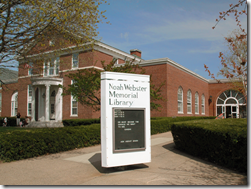
Students will write individually directed pieces based upon their interests and needs, including fiction, nonfiction, college essays, poems, songs and more. Idea generation will also be explored in depth, providing students with the chance to develop an extensive list of future writing ideas. They will receive individualized and small group instruction in regards to their own pieces and have many opportunities to workshop their writing with peers.
Students will also explore a variety of writing genres, using the unique environment of West Hartford Center and Blue Back Square as the impetus for much of this exploration.
Some examples include:
We will spend a morning reading food and restaurant reviews, and then we will eat lunch together and write our own reviews.
We will spend a morning reading film reviews, and then we’ll see a movie together and write our own film reviews.
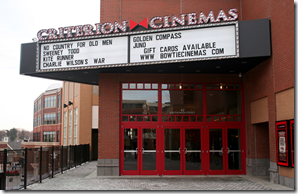
We'll discuss screenwriting and visit with a screenwriter.
We'll learn about writing skits and plays and meet with a playwright.
We'll spend a morning learning about songwriting and meet with a songwriter.
We'll write personal narratives for the stage.
We'll tour the bookstore on more than one occasion, with different goals for each visit. We’ll identify popular and trending genres, discuss the marketing decisions involved in choosing cover art, examine the structure of picture books and much more.
We’ll spend time discussing the nuts and bolts of the publishing industry. We’ll examine the path that a book takes from the formation of an idea in the writer’s head to landing on an actual bookshelf. We’ll discuss the ways that writers and publishers earn income on books sold and discuss the growing world of self-publishing. We’ll also discuss the challenges and benefits of a career in writing and the best ways to prepare yourself for that career.
Most of all, we’ll be writing. Talking about writing. Critiquing writing. Revising writing. Presenting writing. Then writing some more. Students will choose topics for writing. We will suggest topics for writing. Fellow students will inspire topics for writing.
We will be capping the number of students in the camp at 12 in order to allow a great deal of personal attention but also the opportunity for collaboration and peer feedback.
This small number will also allow for us to accept students with a range of writing abilities, though the desire to write is a must. Prospective students must have a passion for the craft, because the expectation is that we will be writing a lot. While our goal is to inspire students to write, they should arrive with some personal desire as well.
We are accepting students ages 12-16.
The cost of the camp is $1,200.
The Instructors:
Matthew Dicks is a published author, first with Doubleday Broadway and currently with St. Martin's Press. He has three novels in bookstores now and a fourth due out at the end of this year. His most recent book, Memoirs of an Imaginary Friend, has been translated into more than 25 languages worldwide and is an international bestseller. He has published work in The Hartford Courant, The Huffington Post, Education Leadership, The Christian Science Monitor and more.
He is the co-writer of The Clowns, a rock opera that was produced for The Playhouse on Park in 2013 and is currently being considered for a New York theater festival, as well as The Tweets, which will be produced in July at a local summer camp.
Matthew has been teaching for the last 15 years and is a former West Hartford Teacher of the Year and finalist for Connecticut Teacher of the Year. In addition to teaching, he has conducted writing workshops for middle school, high school and adult students via colleges, museums and bookstores. He also tutors middle and high school students in writing and a variety of other subjects.
Matthew is also a professional storyteller and public speaker. He’s a 10-time Moth StorySLAM champion who tells stories for organizations like The Moth, The Story Collider, Celebrity Death Match, The Mouth and many more.
_____________________________________
Elysha Dicks has been a teacher for 13 years. She began her career at Solomon Schechter Day School in West Hartford, Connecticut and later moved onto Henry A. Wolcott School, also in West Hartford. She has taught third and fifth grades and has also worked at a district reading tutor.
Elysha has a Master’s degree in educational technology and is the founder of Green Ink, an in-school design studio where students utilized Photoshop and other software applications in order to design and produce print and digital work for teachers and administrators in the school.
Elysha spent six years co-directing Tributes: productions based upon the lives of historical figures who made positive contributions toward ridding the world of hatred and discrimination. The program stressed teamwork and challenged the students to take the lessons of the past to rise above bigotry and injustice in their own lives.
Together, Matthew and Elysha are the founders and producers of Speak Up, a Hartford-based storytelling organization that works to bring storytelling to the Hartford region in junction with Real Art Ways. Speak Up produces storytelling shows six times a year and conducts ongoing workshops on the art of storytelling.
_____________________________________
Matthew will be teaching classes on Monday, Tuesday, Wednesday and Friday. He will be joined on Fridays (and other days as well) by Elysha Dicks for a more concentrated, intensive day of individual and peer conferencing.
If you are interested in registering for the camp or have any questions, please email us at matthewdicks@gmail.com.

